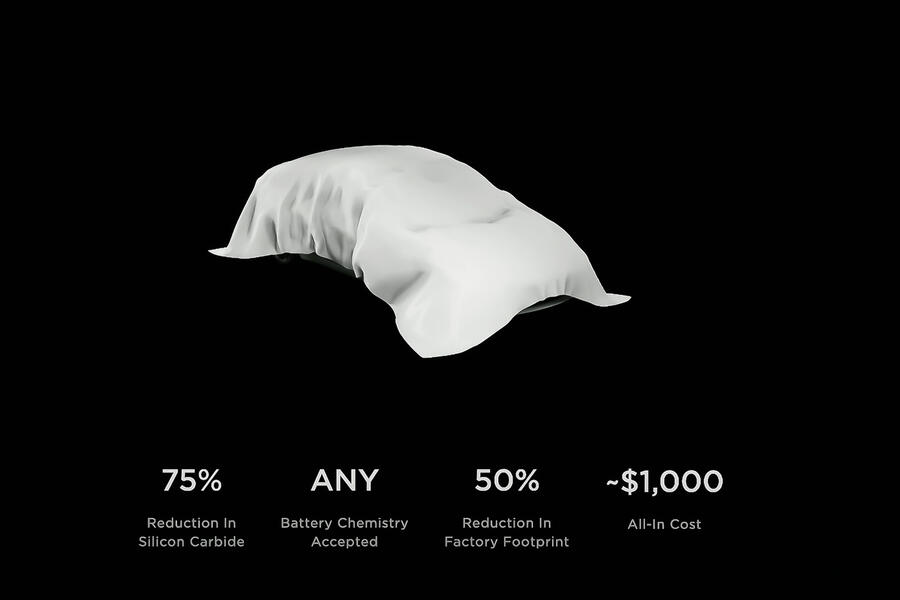Tesla has released a preview image of its next electric car, which is expected to be the entry-level ‘Model 2’ hatchback that's set to rival the upcoming Renault 5 and Volkswagen ID 2.
Speaking at the US firm’s 2023 shareholder meeting, CEO Elon Musk confirmed it is developing “two new products”, tipped to be the new hatchback and the rumoured Tesla Model 3 refresh.
The two new cars “will probably make in excess of five million units a year” of combined production volume, said Musk, indicating a strategic pivot to become a high-volume EV manufacturer.
It comes shortly after Tesla cancelled right-hand-drive versions of the high-end Model S and Model X, citing the mechanical and logistical complexity added by the conversion. The company has yet to scale production or sales of the two cars as it has for the mainstream Model 3 and Model Y. Last year, the firm built 1,298,434 Model 3s and Ys, compared with just 71,177 examples of the S and X.
At March’s Investor Day, Tesla bosses detailed how new production processes and technical innovations will help it to massively boost the efficiency of both its factories and its vehicles.
Taking to the stage at the Texas gigafactory before Tesla stakeholders, fans and car owners, Musk was expected primarily to outline a long-mooted new EV architecture that's tipped to underpin an 'affordable' entry-level car sitting beneath the big-selling Tesla Model 3.
Musk instead outlined his vision for a cleaner global economy in the post-ICE age, saying: "There is a clear path to a fully sustainable Earth, with abundance," adding that this can be achieved without "austerity" and predicting that "an electrified economy will require less mining than the current economy".
The all-out switch to electric road vehicles will cut fossil fuel usage by 21%, Tesla said. Furthermore, according to Musk: "All cars will go fully electric and autonomous. Driving a non-autonomous gasoline car is going to be an allegory for riding a horse and using a flip phone."
Musk spoke of the need for a massive ramp-up in battery production and storage capacity - the latter of which he estimates Tesla will ultimately need 240TWh. "This is a lot of batteries but a very achievable amount," he said, explaining that the tally included batteries both in and out of electric cars, at a ratio of around 1:8.
His battery ambitions are in line with a conviction that "as we improve the energy density of batteries, you will see all transportation go fully electric". He was condemnatory about the potential for other fuel types to transform the mobility industry, saying: "Hydrogen will not be meaningfully used in transport."


Join the debate
Add your comment